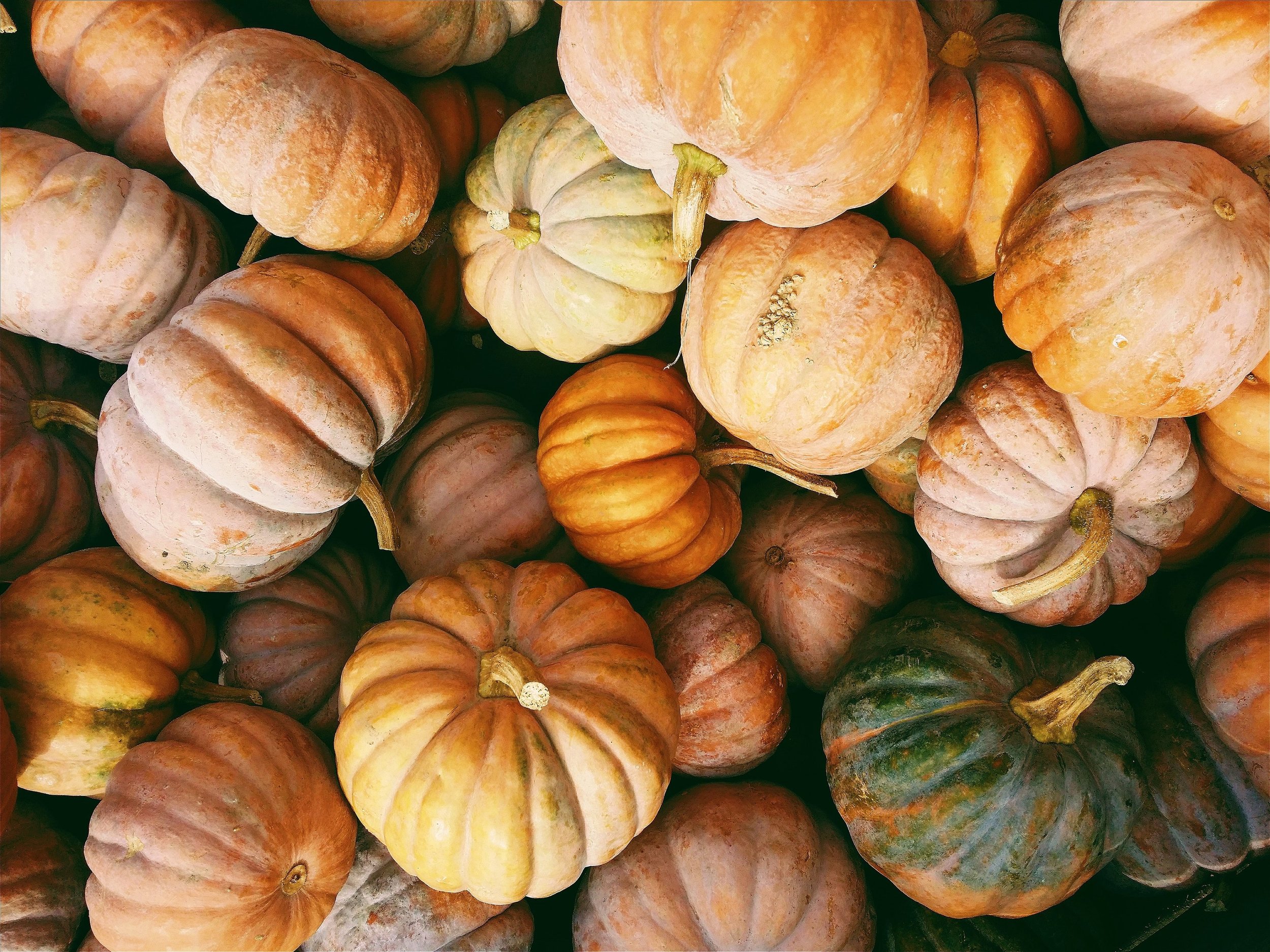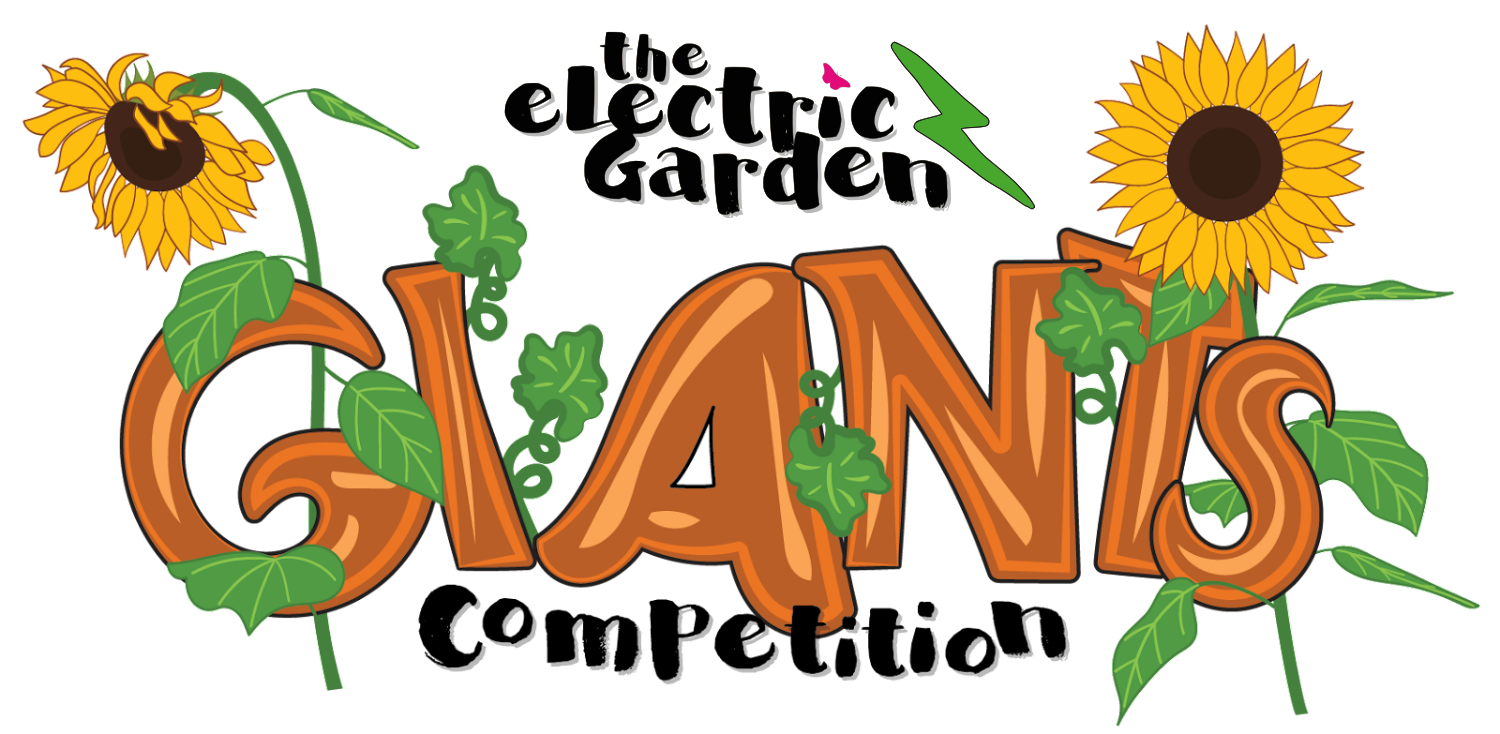
Welcome to the GIANTS Grow Competition!
Current Module — Term 4 (2022) & Term 1 (2023)
Nau mai ki Te Tātāwhāinga Whakatipu o Ngā Tipu Tino Nui!
The GIANTS Grow Competition is a seasonal module welcoming learners across the motu to join the running in a friendly competition to grow the most impressive giants of the garden. In the process, you will connect hands-on activities with essential knowledge and skills in Digital Technologies (DT), literacy, mathematics, science, and te reo Māori.
The program includes free access to 16 ready-to-teach lessons complete with lesson slides, comprehensive delivery notes, and activity resources to guide your learners from germination to giant! Have a look below to learn more, and use the sign-up form to register your group for the current 2022-2023 module. Kia ora!

The GIANTS Grow Competition uses the garden as a focal point to bring together multiple core learning areas, to apply a variety of tools and skills in an authentic context, and to have fun while working together towards a shared goal.
The main prize categories for judging are tallest sunflower and biggest pumpkin, with top prizes awarded in two regional divisions based in Te Ika-a-Māui the North Island and Te Waipounamu the South Island. Plus, there are additional opportunities throughout the competition to earn smaller awards along the way.
Join the fun and motivate your learners to make observations, take informed actions, connect key concepts with real-world experience, and share the results of their hard work by submitting data-rich reports for a chance to win!
Ko wai ngā kaiwhakataetae?

Jump on the EG Facebook page to let us know how you’re getting on and to connect with other schools & kura by dropping photos & comments, swapping stresses & successes, and trading tips & tricks!
16-Lesson Overview
Term 4 (2022)
Session 01 - Kicking Off (🏁)
Session 02 - Germinating Seeds (🧫)
Session 03 - Taking Measurements (📏)
Session 04 - Sowing Seeds (🌰)
Session 05 - Preparing the Growing Space (👩🏽🌾)
Session 06 - Transplanting Seedlings (🌱)
Session 07 - Input & Output Devices (🤖)
Session 08 - Preparing for Summer (📅)
Term 1 (2023)
Session 09 - Measuring & Reporting (🌻📝)
Session 10 - Pruning Pumpkins (✂️)
Session 11 - Numbers & Patterns in Nature (🦋)
Session 12 - Displaying Data (📊)
Session 13 - Saving Seeds (💾)
Session 14 - Digital Images & Ethics (📸)
Session 15 - Dress Rehearsal (🖌️)
Session 16 - GIANTS Finale (🎃📝)
Early Term 2 (2023) - Final Results Announced & Prizes Awarded! (🏆)
Competition Calendar
Download, print, and use this calendar to help your learners plan across the many weeks of the grow competition, recording important reminders and milestones to keep track of what needs to be done and when. Together, choose a prominent place to display it, for convenience and updates!
Using Session Content
Teacher Support Doc
Each session has a curriculum document with clear links to the NZ Curriculum, a breakdown of content, learning intentions, and comprehensive delivery notes for each slide of the session slide deck.
Session Slide Deck
Each session has a presentation made in Google Slides to share lesson content using multimedia, icons, headings in English and te reo Māori, and to guide sessions by posing questions and prompting discussion.
Supplemental Materials
The landing page for each session has a section for links to any extra resources that might accompany that lesson, such as useful templates, follow-up worksheets, weekly diary entry forms, and so on.
Weekly Diary Entries
The conclusion of each session has learners reflect and report on their mahi for that week. Access an online form for each week’s diary entry via the session Supplemental Materials section, and share your progress!

Get the FAQs: He pātai auau
-
The only essentials are the things that you need to access the sessions and grow your plants. This can mean a setup as fundamental as a single digital device with internet connection and a modest plant pot with decent soil and a viable seed.
There is plenty of scope to scale up or down, depending on your situation and what you have available. You can present slides on a large screen, give learners access on personal devices, print supplemental materials, and so on. You can also use all sorts of gardening tools, from gloves and trowels to shade cloth and soil sensors, and improve your growing space with larger pots, soil conditioners, or a premium sunny spot in the ground.
With regard to health and safety, it’s a good idea to wear gloves and a mask when handling soil, compost, or even water in the garden, and to remember to wash your hands when finished. Find out more about Legionairres’ Disease from Manatū Hauora, the Ministry of Health NZ.
Ultimately, nothing is strictly required. Rather, groups are encouraged to use this opportunity to connect with the environment, get creative with what’s available, and work together to learn and grow with digital technologies!
Please consult the competition Terms of Reference for more information on reporting, judging, and eligibility for prizes.
-
There are no requirements with regard to seeds. This means that it's up to your group to choose what best suits your situation, and it’s also totally ok to go for special varieties that specifically grow into really big plants!
We aren’t going to set any expectations or limitations by recommending particular varieties or brands, and we’re not partnered with or sponsored by anyone either. So please feel free to go with what’s available or best suited to your area.
Go ahead and include in your reports information about the seeds you used, and perhaps in the end we can form an idea of what varieties had the best outcomes.
-
Generally, you should be able to cover the essentials with one hour per session and one session per week.
Each session has two kinds of content:
‘In-class’ components contained within the slides, including focus questions, points of discussion, multimedia, and other at-hand activities; and
‘Hands-on‘ components that may require you to step away from the slides, including tasks in the garden, coding or programming challenges, and other extension activities.
So it’s easy to expand the experience significantly, depending on how much time and focus is given to the many complex parts of each session, and different sessions may have more or less potential to keep you busy for longer.
It is also possible to skim through or even skip over stuff in order to save time and focus on what interests your group. There’s no pressure to cover everything from top to bottom, and it might benefit your group to pick and choose here and there.
So in a nutshell, one hour each week is a good rule of thumb, but please feel empowered to stretch things as far as you like or trim them down to as simple as suits.
-
The slides contain the core content for each session and can be shared using a projector, smart screen, or other large-scale display that everyone can focus on together.
Alternatively, as the teacher leads, learners can access the slides to follow along using their own digital devices, either individually or in small groups (i.e. ‘bring-your-own-device’, or BYOD model).
-
Not really, but sometimes yes.
In some instances it’s important to follow the sequence of activities in order to lay the foundation for mahi ahead, and it can be critical to wait until the right time in order to be successful. For example, there’s no way around the need for seeds to germinate and sprout before growing into plants, and we can’t rush the time it takes for them to mature into prize-winning giants.
In other instances, it’s totally ok to skim through, pick and choose, or even skip over parts in order to focus on aspects that interest and benefit your group. There’s no pressure to cover everything from top to bottom, and with the sessions as jam-packed as they are, this can seem like a tough task anyways.
So really, it’s perfectly fine to take things at your own pace and to cater the content to the level of your learners. Just remember to consider the big picture when it comes to growing and looking after your plants!
-
Yes, you are welcome to adapt the slides if it helps maximise the learning outcomes for your group and cater the content to the needs of your learners.
Digital Future Aotearoa (DFA) is committed to developing and sharing resources that help learners gain skills in digital technologies, through projects like this that integrate with other core subjects and that feel engaging and relevant to learners’ lives. This means that, while we expect users to respect the integrity of our content, it’s your prerogative to participate not only as consumers but also as creators in your own right.
-
It’s up to you.
There’s no particular threshold for participation, and the more the merrier as far as is practical for you. There are certain aspects of the sessions that would benefit from group discussion and teamwork, but there is nothing that can’t be accomplished or enjoyed even with one learner on their own.
He rau ringa e oti ai, me ahakoa tonu, he pai ake he iti i te kore, nē rā!
-
Yes, no worries!
Each session features open-ended focus questions, discussion points, and hands-on activities that are designed for learners to engage with the content at a level and pace that suits them. This means that there is plenty of flexibility for learners of different ages and abilities to take part, and that there is great potential for a group with a mixed age-range to support each other in approaching the experience.
What is more, there is the opportunity to support tuakana-teina relationships that mean learners not only engage with the content itself but also practise essential skills for learning from one another, caring for each other, sharing responsibility, and working together effectively towards a common goal. Kia ora!
-
Hopefully your plants keep growing!
Each session is designed to help you make the most of the time you’re around during the school term, but then it’s up to each group to manage their situation in a way that is best suited to their circumstances once it’s time to take a holiday.
For example, establishing a roster for watering and garden care over the summer is one way to go, or fostering a positive relationship with the school groundskeeper is another way to help make sure your plants are looked after while you’re away — especially if learner access to school campus over the holidays is limited or even out of the question.
If all else fails, then it can be just as constructive of an exercise to plan and prepare for an unavoidable period of neglect for the garden while everyone is away on holiday. This is a great opportunity to reflect on experiences to-date, make informed predictions about what to expect when everyone gets back, and to do as much as is practical to get the garden in shape before everyone leaves.
While it's not ideal to cross over school years, the program is designed this way in order to be consistent with the natural environment. If we want to grow our plants to maturity, and especially into giants, it’s essential to make the most of the critical spring and summer growing period...which also happens to be when there’s a significant holiday break.
So the final session before summer holidays at the end of Term 4, Session 8 is designed to help learners consider these challenges and come up with their own practical solutions.
-
Our team will send out an email newsletter every now and then, to check in with everyone and share important tips, links, and updates. This can include things like submitted photos from participating groups, benchmarks for progress to-date, a look at sessions past and upcoming, and any new updates or unforeseen changes that you need to know about.
If you haven’t received a check-in newsletter, here are a few ways to troubleshoot:
Make sure that you’ve registered your group with the sign-up form below;
Check your spam/junk folder to see if emails are being diverted there; or
Get in touch to make sure that you registered with the correct email address.
In addition to finding and solving the root of any issue, you can also view all newsletters to-date using the links below, which we will update as they are sent:
Get Ready! GIANTS Grow Competition (13 Oct 2022)
Spring Sprouts! Week 5 Check-in (22 Nov 2022)
Final Check-In of 2022! Signing Off for Summer (15 Dec 2022)
Back in Action! Plus, Sunflower Reports Due Soon! (26 Jan 2023)
Tūhono mai: Sign up & join the fun!
If your group is keen to join the GIANTS Grow Competition, please let us know by registering your details through the form below. It’s essential that we keep track of participating groups so that we can communicate important announcements & updates and manage submissions & prizes! Kia ngahau, have fun, and good luck!

Talk to us
Whakapā mai — we're here to help! Please feel free to drop us a line at team@electricgarden.nz with any questions at any stage of the competition.
Digital Future Aotearoa | GIANTS © 2021-2023










